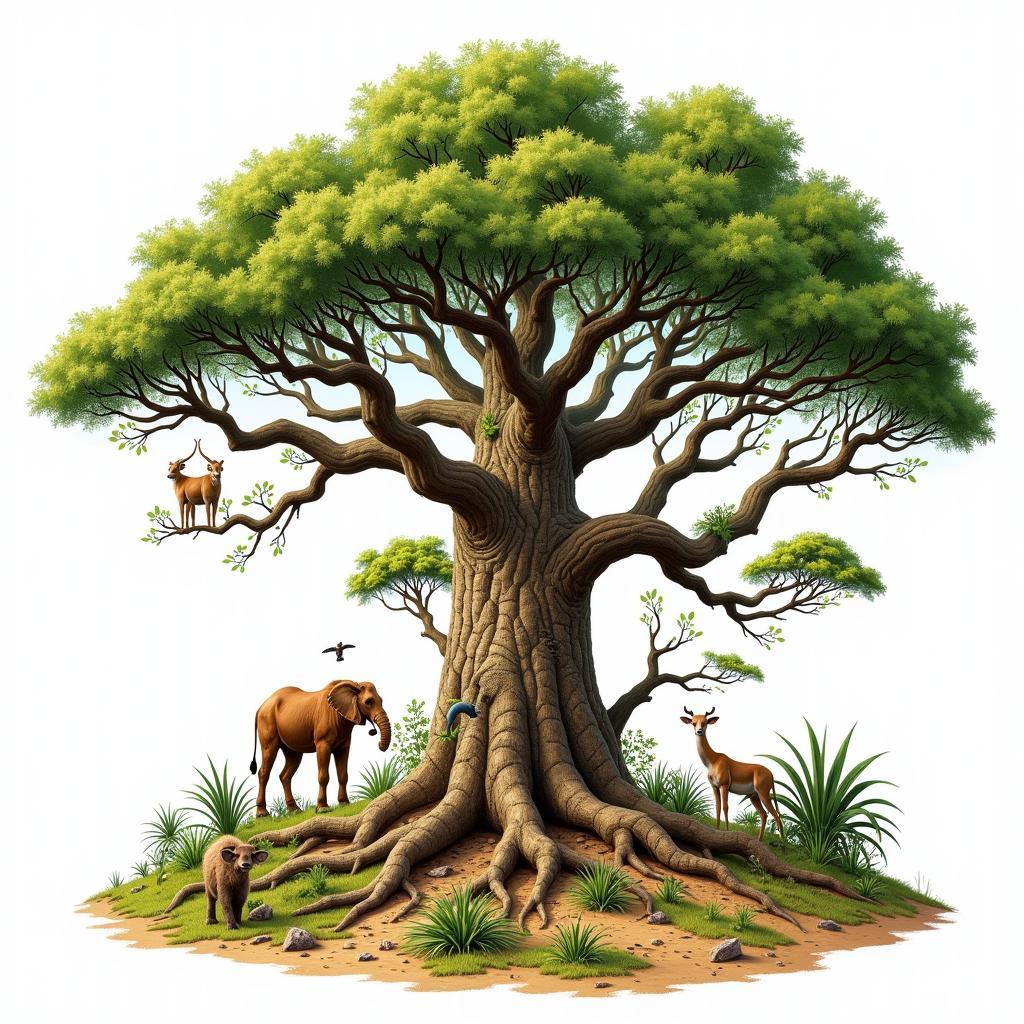The Evolution and Impact of African American Rappers
African American Rappers have indelibly shaped the music industry and popular culture, evolving from the vibrant streets of the Bronx to a global phenomenon. Their music reflects social realities, personal struggles, and triumphs, resonating with audiences worldwide. From the pioneering days of hip-hop to today’s chart-topping artists, their influence continues to grow, impacting not just music but also fashion, language, and social movements.
The Pioneers of Hip-Hop and the Rise of African American Rappers
The roots of hip-hop can be traced back to the 1970s in the Bronx, New York, where African American and Latino youth created a new form of musical expression. DJs like Kool Herc and Grandmaster Flash laid the foundation with their innovative turntabling techniques, creating the rhythmic backdrop for MCs to rhyme and interact with the crowd. These early pioneers, often overlooked, paved the way for the explosion of african american rap artists in the decades to come.
This era birthed iconic figures like The Sugarhill Gang, whose “Rapper’s Delight” became the first commercially successful hip-hop track, showcasing the raw energy and lyrical dexterity of the genre. Groups like Run-DMC further solidified hip-hop’s place in mainstream music, blending rock and rap influences, while also breaking down racial barriers in the music industry.
From Conscious Rap to Gangsta Rap: Exploring the Diverse Themes
The 1980s and 90s saw a diversification of hip-hop themes, moving beyond party anthems and braggadocio. Conscious rap emerged, with artists like Public Enemy and KRS-One using their music to address social and political injustices. Their powerful lyrics challenged the status quo and gave voice to marginalized communities, sparking important conversations about race, poverty, and police brutality.
Simultaneously, gangsta rap gained prominence, particularly on the West Coast. Artists like N.W.A and Ice-T chronicled the realities of life in their communities, often depicting violence, drug dealing, and police harassment. While controversial, gangsta rap offered a raw and unfiltered perspective on the struggles faced by many African Americans, challenging mainstream narratives and sparking debates about censorship and freedom of expression. Check out this article about african rapper for more insights.
The Impact of African American Rappers on Global Culture
African American rappers have not only influenced music but also shaped fashion, language, and social movements. Their distinctive style, from baggy clothes and gold chains to elaborate hairstyles, has become iconic and influenced global fashion trends. Hip-hop slang and vocabulary have permeated everyday language, demonstrating the genre’s cultural reach.
Furthermore, hip-hop has become a powerful platform for social activism and political commentary. From the Black Lives Matter movement to campaigns against police brutality, African American rappers have used their music to raise awareness, mobilize communities, and demand social change. They continue to inspire generations with their powerful messages and artistic expression. Learn more about related music genres in this article featuring african countries rap song.
Who are some influential female African American rappers?
Female African American rappers have played a vital role in shaping hip-hop, breaking barriers and challenging gender stereotypes. Artists like Queen Latifah, Salt-N-Pepa, and MC Lyte paved the way for future generations, asserting their presence in a male-dominated genre and addressing issues relevant to women’s experiences. More recently, artists like Nicki Minaj and Cardi B have achieved global stardom, pushing boundaries and redefining what it means to be a female rapper. You might also find this article on african lady gaga interesting.
What is the future of African American rappers in the music industry?
The future of African American rappers in the music industry remains bright. New artists are constantly emerging, experimenting with different sounds and styles, ensuring the genre’s continued evolution. The rise of independent artists and the power of social media have democratized the music landscape, creating new opportunities for African American rappers to reach global audiences and control their own narratives.
Conclusion
African American rappers have transformed the music landscape, leaving an undeniable mark on global culture. From the early pioneers who birthed the genre to the contemporary artists pushing boundaries, their music continues to resonate, inspire, and provoke. The evolution of African American rappers demonstrates the power of music to reflect social realities, challenge the status quo, and shape the world around us.
FAQ
- Who is considered the first African American rapper? While many contributed to early hip-hop, The Sugarhill Gang is often credited with the first commercially successful rap song.
- What are some key subgenres of hip-hop pioneered by African American artists? Conscious rap, gangsta rap, trap, and crunk are just a few examples.
- How has hip-hop influenced fashion? From baggy clothes and sneakers to elaborate jewelry and hairstyles, hip-hop fashion has become a global phenomenon.
- What role have African American rappers played in social activism? They have used their platform to address issues like police brutality, racism, and inequality, inspiring social change.
- Who are some influential female African American rappers? Queen Latifah, Salt-N-Pepa, MC Lyte, Nicki Minaj, and Cardi B are just a few examples.
- Where can I find more information about African American gangster movies? Check out this link: african american gangster movies
- What are some resources for learning about African countries and their rap music? This article is a good starting point: african countries rap song.
For further exploration, consider researching the specific contributions of individual artists, the evolution of different hip-hop subgenres, and the impact of hip-hop on other art forms.
When you need assistance, please contact us by phone: +255768904061, email: [email protected], or visit our office in Mbarali DC Mawindi, Kangaga, Tanzania. Our customer service team is available 24/7.



